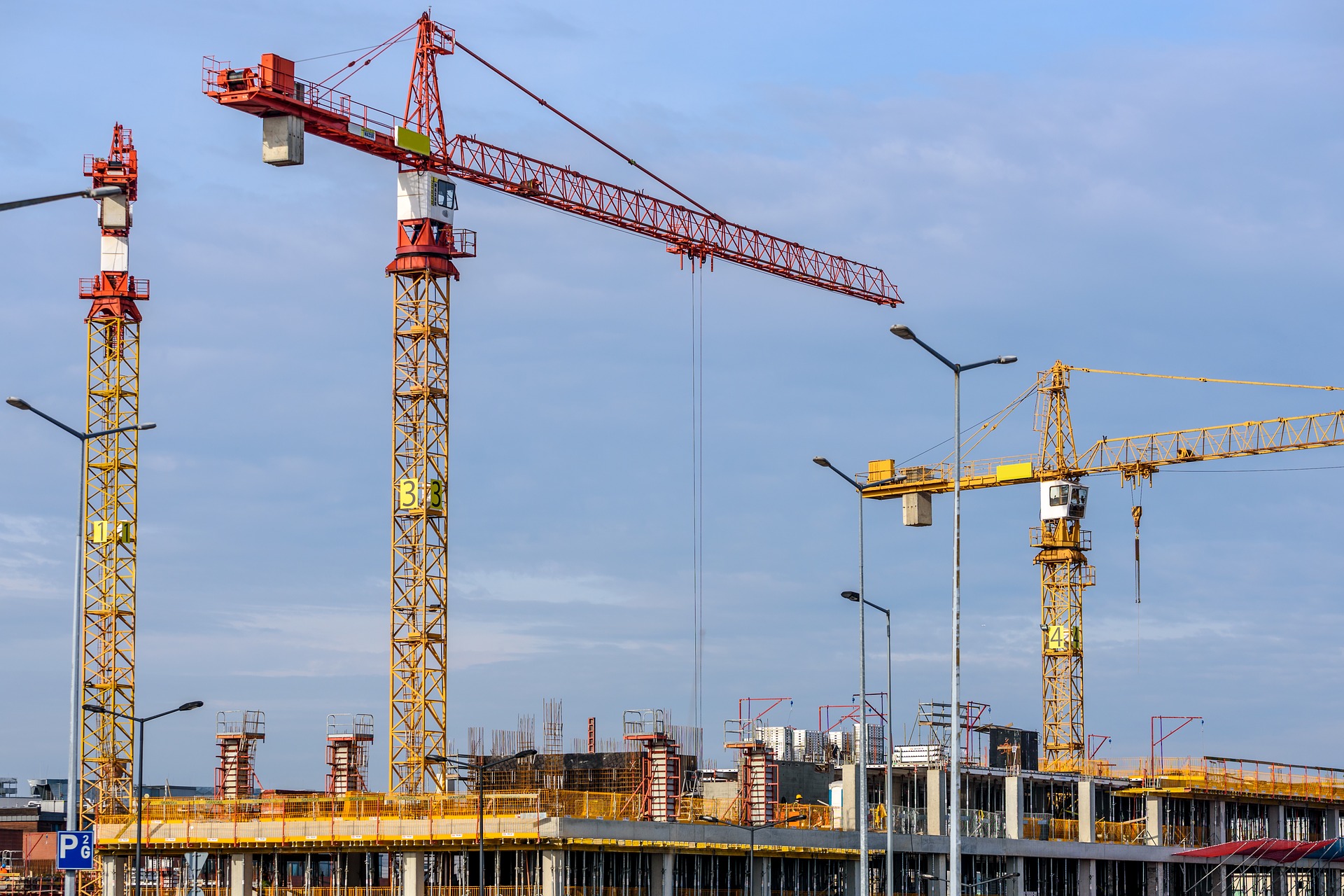Geotechnical soil testing – when are it necessary? Building a house comes with some costs and formalities. Not everyone is aware of the importance of geotechnical research, which is mandatory only in cases where the local development plan requires it. In other cases, investors count every zloty, resign from geotechnical land surveys, which may have deplorable effects in the future. Therefore, even if it is not required for documentation submitted to the building permit, it is worth commissioning it.
What exactly are geotechnical surveys of the Szczecin soil
Soil geotechnical research helps answer some basic questions that can have a huge impact when designing a house and its foundation. They allow you to determine the accuracy of the type of soil located in a given area dedicated to development, at what depth are the individual layers of soil, including the bearing layer, which is responsible for the settlement of the building during the first years after construction. It also gives a clear picture of the level of groundwater on the plot, which can be very important in buildings with a basement. In the end, it answers one of the most important and key questions about the safety and stability of the building, what type of foundation to use during construction work.</span
- https://www.futura.edu.pl/sardynia-wakacje/
- https://www.centratalentu.pl/wszystko-co-musisz-wiedziec-na-temat-rodzajow-transkrypcji/
- https://www.cs-jump.pl/dlaczego-co-roku-wybieramy-wakacje-nad-naszym-morzem/
Geotechnical research ends with an opinion, which includes a descriptive part and a graphic representation of the terrain and soil on it. This opinion suggests what kind of foundation to choose for a given type of building and what insulation to use. Lack of such research results in creating matching foundations, which does not always have a happy ending. The opinion issued by specialists after geotechnical research is also the basis for the designer when determining the geotechnical category of a building to be built on a given plot.
- restrukturyzacja-firm-24.com.pl
- catering-dietetyczny.net.pl/catering-dietetyczny-poznan/
- kurtyna-paskowa.mvg.pl
Building categories
In our country, single-family buildings with one or two floors are most often included in the first category, but more than once due to the complicated soil and water conditions they can be included in the second or even the third category. In practice, this means that you will need to do further tests, and the opinion itself is not enough to get a camp for construction. You will also need documentation of soil subsoil research and results from geological and engineering research. All this is associated with a greater financial outlay.
What cost
Each investor has a specific budget that he wants to spend on the construction of a given building, therefore the costs of geotechnical tests play a very important role here. Standard tests cost from 1000 to 1500 PLN depending on the location of the plot and individual price lists of specialists. In addition, it is worth knowing that the price of the test consists of the depth and number of wells, as well as possible testing of groundwater and its impact on concrete. A good and reliable test should consist of at least three test wells drilled at a depth of not less than 2 meters from the level expected to set the foundations. Each subsequent well is usually a cost of 150 to 300 PLN, but more than once it is necessary for a thorough examination. Therefore, it can be determined that wells for single-family houses without a basement should be drilled to a depth of about 3 meters. Samples taken from the wells allow you to accurately determine the composition of the soil, but if there are any ambiguities, they can be forwarded for laboratory testing. These types of geotechnical tests are usually carried out within one day, within a few hours. If atmospheric conditions, however, do not allow testing, they are repeated at another time. The very preparation of a geotechnical opinion of land is a time of about two weeks depending on the office that deals with the study.
People who are just starting to look for a plot to buy for development can also use the geotechnical research services, provided the owner of the plot agrees. Thanks to such research it is possible to be sure that the purchased land is actually suitable for building. The cost of the survey itself is incomparably lower than the purchase of a plot, so you should try to avoid it in order to avoid any liquidation of damage to the building that could arise by selecting the wrong foundation type for a given type of land. Geotechnical research in a nutshell allows you to build a stable house that will serve its residents for many years without any damage and risk of damage. Apparent savings at the stage of commencing construction works may translate into huge costs in the future, such as repairing foundations or filling defects in the walls arising as a result of building sliding or its excessive settlement. In the worst cases, poorly matched foundations for land on which no geotechnical tests have been carried out may result in a construction disaster and the need for demolition.
